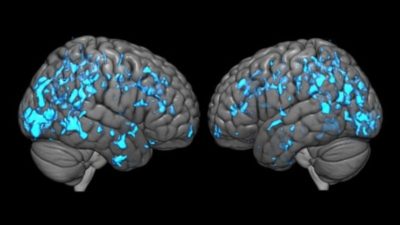Cerebral Palsy (CP) is a group of disorders that affect the development of movement and posture. Current neuroimaging research in CP has focused on the brain during early development, but research is lacking in CP brain structure and functioning during young adulthood. The ARCH Lab recently contributed to a feasibility study titled “Functional connectivity and quality of life in young adults with cerebral palsy: a feasibility study” to assess whether it would be possible to obtain good quality brain scans among young adults with CP without using sedation. A secondary aim was to identify any patterns associated with quality of life.
Resting state functional images were collected from nine young people with CP (18-29 years). Good quality scans were obtained without the use of sedation from this group of individuals who demonstrated a range of gross motor ability. Further, results indicated that higher well-being scores were associated with higher levels of functional connectivity between the Medial Pre-Frontal Cortex and the right Lateral Parietal regions, which are implicated in prosocial and emotion regulations skills.
The findings of the present study demonstrate the feasibility of studying functional connectivity in young adults with CP. Our results also highlight a neural circuitry that is associated with self-reported quality of life. These findings identify these regions/circuitries as important for future investigation into mental health and wellbeing in CP.




